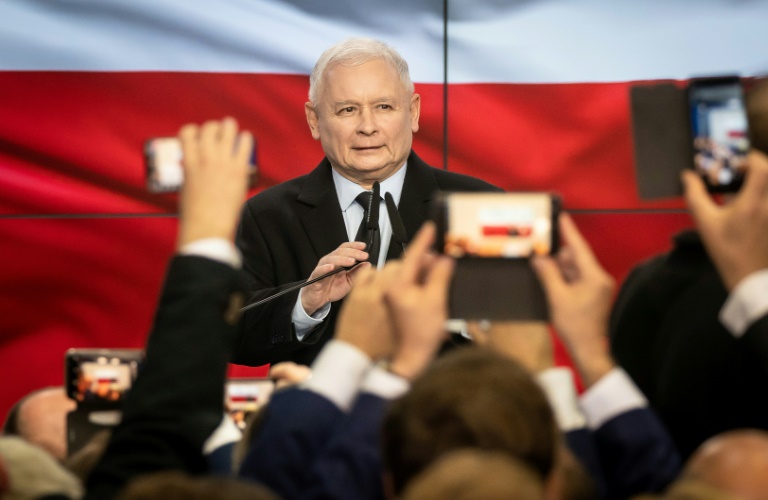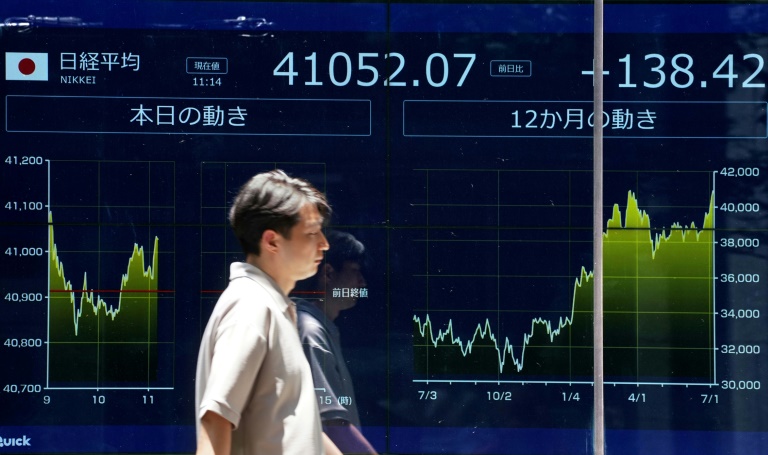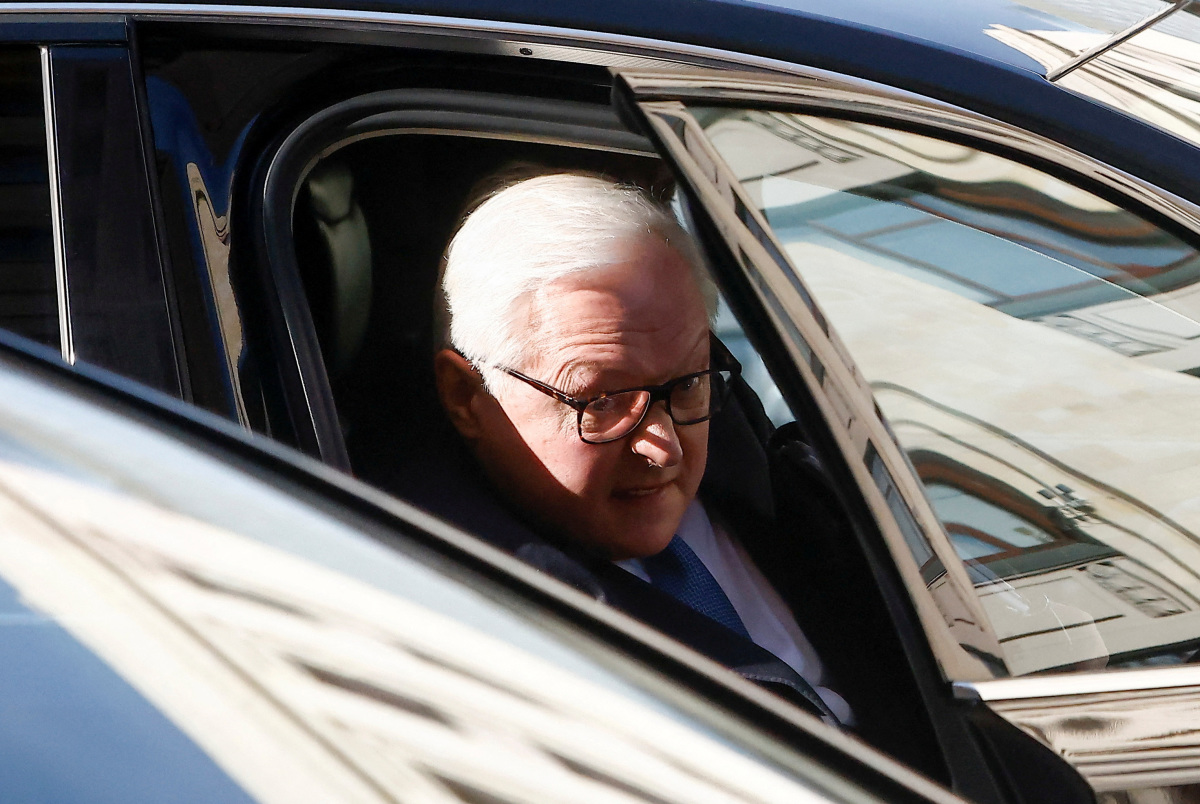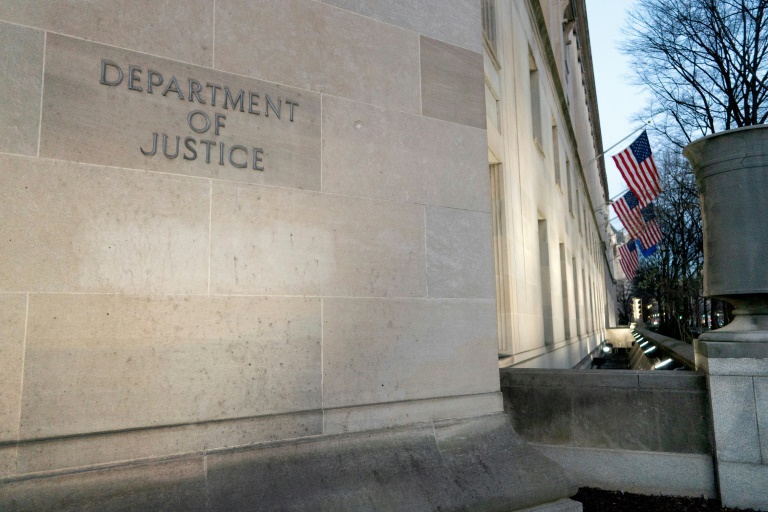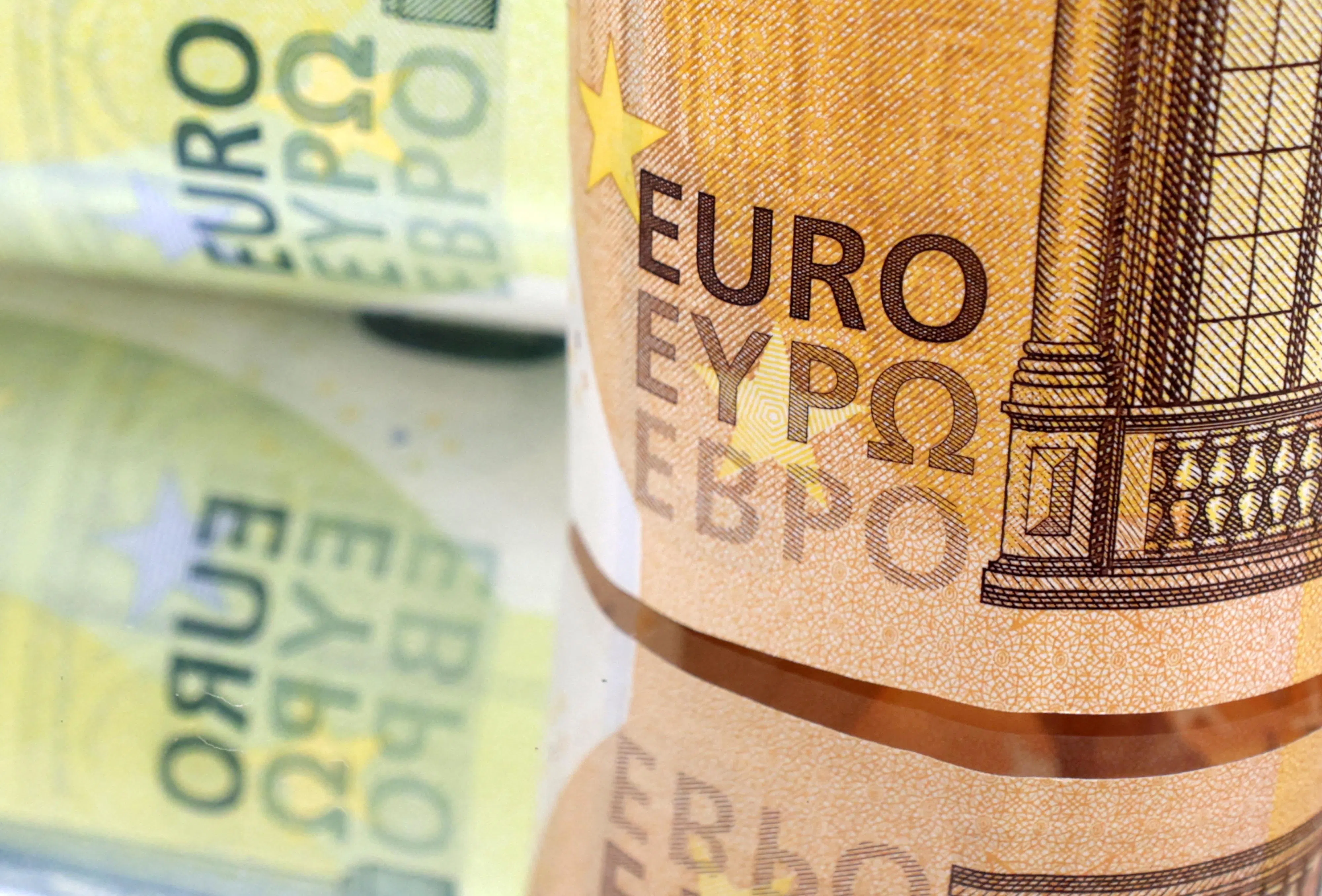AFP
Poland’s populist, nationalist government is increasingly taking an anti-German, anti-European Union stance in the run-up to the October 15 legislative elections in the hope of mobilising its most loyal followers, analysts say.
Jaroslaw Kaczynski, head of the ruling Law and Justice (PiS) party, fired the latest shot on Friday, suggesting that Germany wanted to interfere in the coming election campaign.
He was revealing one of the questions the PiS wants the people to vote on in a national referendum on election day: “Are you in favour of selling state enterprises?”
Such a sell-off could profit Germany which, he said, wanted to impose on Poland opposition leader Donald Tusk.
Kaczynski, although officially only deputy prime minister, is widely regarded as Poland’s de facto leader.
And Tusk, leader of the main opposition Civic Platform (PO) party, has long been the government’s bete noire.
A former Polish premier between 2007 and 2014 and subsequently president of the European Council — part of the EU’s executive –, Tusk personifies everything the government opposes.
Recent opinion polls suggest his party could pose a threat to the ruling PiS in October.
While the ruling party is hitting around 33 percent, Tusk’s Civic Platform is scoring between 26 and 32 percent.
“The anti-German arguments benefit the PiS,” political analyst Marcin Zaborowski of Lazarski University in Warsaw told AFP.
“They mobilise its most faithful electorate and encourages them to turn up at the polls.”
Between 30 and 40 percent of Poles are mistrustful — even hostile — to Germany, he said, so the point of the referendum was to help the ruling party polarise the election campaign.
This anti-German rhetoric is a way of smuggling in the ruling party’s fiercely anti-European views to the campaign, said political specialist Anna Materska-Sosnowska of Warsaw University.
Warsaw and Brussels have long been at odds on a whole series of issues, she pointed out.
“The PiS doesn’t want to openly treat the EU as the enemy,” she said. “But this is obviously what is being done when it attacks Germany, the strongest country in the EU.”
Polish Prime Minister Mateusz Morawiecki last week took exception to comments by Manfred Weber, the German leader of the European Parliament’s centre-right European People’s Party (EPP).
In an interview with German broadcaster ZDF, Weber had accused Poland’s PiS of violating the principles of the rule of law and respect for a free media, along with France’s far-right National Rally and Germany’s own AfD.
Such parties, said Weber, “are our enemies”.
“He called us enemies,” said an outraged Morawiecki. “That’s enough,” he added, challenging Weber to a public debate.
President Andrzej Duda took up the theme, denouncing what he called “the attempts of foreign politicians to influence the election process in Poland”.

